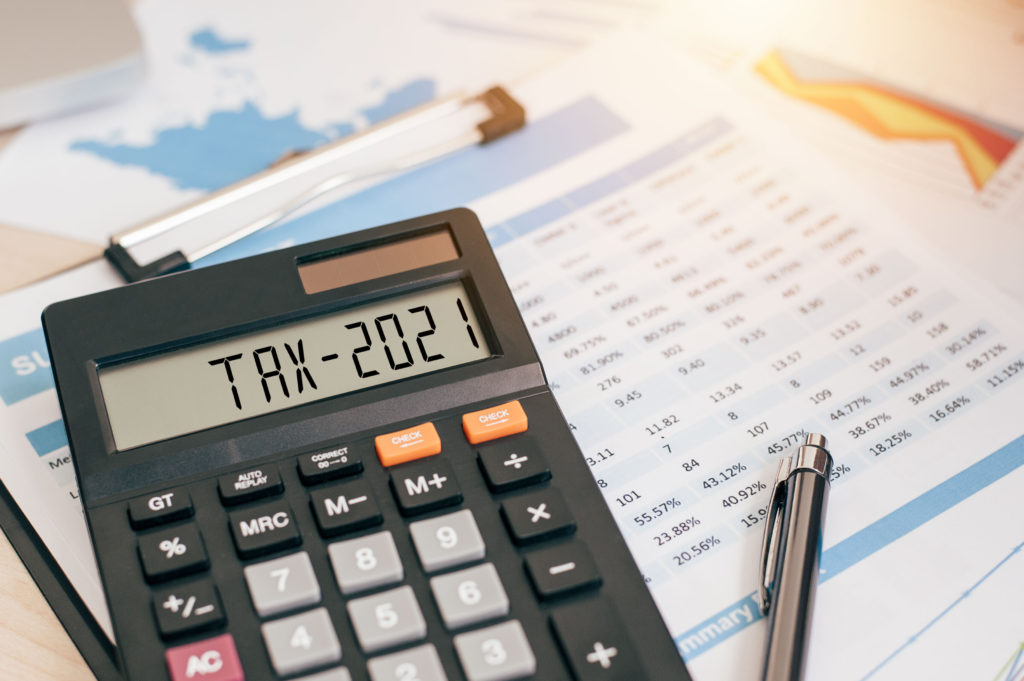Tax is a compulsory financial charge which is managed by a state. The system of tax was created to fund state institutions and projects. Taxes are gained from citizens’ earnings or from the goods and services they buy.
Many countries have a tax system to collect money for their survival. However, the state or country determines the rules and quantity of tax.
Have you ever wondered how taxation started in Nigeria? Read on to discover!

History of Taxation in Nigeria
Taxation in history came into formal rule in the 1930s, as before then it wasn’t a law of the country. When the law passed, traditional rulers gained the power to collect taxes and use them as they wanted. Over time, most traditional rulers made their tax system and rules. However, they were never adopted by the country as a whole.
Research has also shown that the tax system in Nigeria originated in the northern part of the country. It grew popular after the Emirs created a system of tax based on religion, and they implemented it throughout the northern part of the country. The South practised a more decentralized system of tax.
The Various Systems of Tax that Existed in the Early Days
1. Zakat
The government used the tax money for education, spirituality, and religion. Back then, it was compulsory for all citizens of Nigeria who practised Islam.
2. Shuka-Shuka
The shuka-shuka was a tax that was compulsory for cattle rearers only. They paid from the earnings of selling their cattle.
3. Isha-Kole
Isha-Kole was compulsory for every citizen and the chiefs or community leaders of various regions collected them.
4. Kudin-Kisa
This tax was more or less like real estate tax. Therefore, the government collected it on behalf of property utilization.
5. Community tax
Community tax was the tax every adult member of the community paid by compulsion. It is more or less like the general individual tax we have in Nigeria today.
6. Owo-Ori
They pay this tax to the country for services provided by individuals.
Evolution of Taxation in Nigeria
British colonization greatly influenced the growth and centralization of tax in Nigeria. After securing Nigeria, they began to implement the tax systems they practiced. However, even in 1861, they hadn’t centralized the country’s taxation system. In 1903, Lord Lugard took the first step in centralizing tax. He implemented the Stamp Duties Proclamation. It translated to the four core principles of payment, which are:
- What to pay?
- When to pay?
- Where to pay?
- Whom to pay?
In 1914, Nigeria’s tax system was created when the Southern and Northern sectors joined together. From then, they established the following laws:
- Proclamation Law 1914
- Native ordinance 1917
- The Non-natives Protectorates Tax Ordinance 1931
- Raisman Commission 1958
- The newest tax laws that are currently in effect are the Companies Income Tax Act 2004 and Personal Income Tax 2004.
What Are the Types of Tax in Nigeria?
There are two broad types of taxes in Nigeria:
1. Direct tax
Direct tax is imposed on a taxpayer’s income and cannot be shifted to someone else. Examples of direct taxes are
- Personal Income tax
- Capital gains tax,
- Capital transfer tax
- Companies profit tax
- Petroleum profit tax
2. Indirect tax
Indirect tax is imposed on goods and services, and the incidence of such tax can be shifted to someone else. Examples of indirect taxes are
- Value Added Tax (VAT)
- Withholding Tax (WHT)
- Stamp Duties (SD)
- Tertiary Education Tax (EDT)
- National Information Technology Development Levy (NITDL)
What Is the Role of Taxation in Nigeria?
- Generate revenue for the running of the government at all levels
- Provide infrastructure to the public
- Finance investments in human capital
- Maintain law and order
- Regulate trade and business to ensure social and economic balance
- Redistribute income in the country
- Create a tax culture, reduce incidences of corruption and tax evasion
Conclusion
Taxation in Nigeria has a long history of development and implementation. Basically, taxes keep the country afloat and are one of the major sources of revenue for the country.